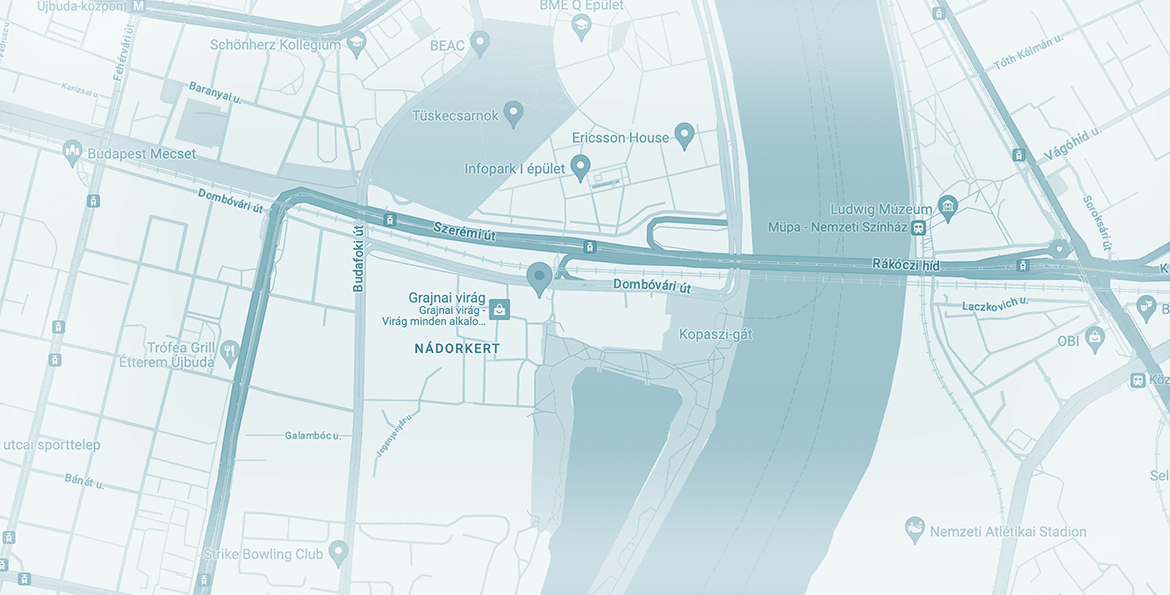
Public health insurance in Hungary: fees & coverage
Health insurance is an important concern for all of us, and even more so currently. You may know everything about health insurance fees and coverage in your own country, but how much do you know about the Hungarian system? This blog post is all about public health insurance. Later, we will also dive into private health insurance, so do not forget to check back for the whole picture.
Health insurance is an important concern for all of us, and even more so currently. You may know everything about health insurance fees and coverage in your own country, but how much do you know about the Hungarian system? This blog post is all about public health insurance. Later, we will also dive into private health insurance, so do not forget to check back for the whole picture.
Who are the beneficiaries of public health insurance?
In Hungary, public health insurance is available to people with citizenship, permanent residency, work permit, and refugee status. The beneficiaries can be divided into two groups.
- Employees, freelancers, members of cooperatives, primary agricultural producers, elected officials, civil servants, church officers and people receiving unemployment benefit are entitled to both healthcare and sick pay.
- Minors; full-time students; people receiving child benefit, people living with certain disabilities, residents of nursing-care homes, pensioners, people over retirement age earning less than 30% of the minimum wage, homeless people and prison inmates are entitled to healthcare only.
Please note that neither list is comprehensive due to the complexity of the regulation. Click here to learn how to qualify for social security in Hungary. We are also happy to offer you our social security consulting services if you need more information.
Social security contribution
The members of the first group have to pay social security contribution. However, the rate of that is not the same for everyone: employees pay 18.5% of their gross salary, whereas KATA covers this tax for the self-employed. Those who belong to the second group do not need to pay social security contribution. There is one figure worth remembering: if you are unemployed, you must pay social security contribution at HUF 8,000 (ca. EUR 23) per month to retain your healthcare coverage.
What is covered under public health insurance?
Medical attention is free of charge, but you must pay for any treatment not prescribed by your general practitioner or medical specialist. Patients with certain medical conditions (e.g., hernia) may not be treated immediately, but instead put on a waiting list. If their health deteriorates, they are examined again and moved up on the list. Unfortunately, the waiting lists have become longer due to the pandemic.
Dental coverage is more limited. Dental care is free for everyone with public health insurance up to 18 years of age. Moreover, it is free of charge for students, pregnant women, and people over 60. Other beneficiaries are entitled to yearly check-ups and emergency dental care.
Early diagnostics and preventive examinations are both covered by public health insurance. Home nursing prescribed by your doctor and hospital care are also free. The latter includes diagnostics, treatment including surgery, medication, medical supplies, health advisory, rehabilitation, and food while you are in hospital.
When you are not in hospital, medication prescribed by your doctor is partially or entirely financed by NEAK, the National Health Insurance Fund of Hungary. Expenses related to the purchase, lease and repair of medical appliances are partially reimbursed by public health insurance: the rate of reimbursement may vary depending on the type of the appliance. Databases of financed medications and medical appliances are publicly available, but only in Hungarian.
Need help? Contact us!
As this blog post shows, public health insurance covers most medical needs you may have. However, as an expat living in Hungary, you may not qualify for it, and even if you do, public healthcare comes with certain limitations. Later, we will explain who should consider private health insurance and when.
If you would like to know more, contact the English-speaking experts Helpers Finance. You can learn more about our payroll, social security and HR services here. We also offer financial services: click here to learn about those. You can ask for a consultation by calling our office on +36 1 317 8570, by e-mailing info@helpersfinance.hu or by filling in our contact form. If you would like to be notified about our future blog posts, please like us on Facebook.
Contact
Get in touch today
Monday - Friday
9am - 5pm CET
Helpers Finance Kft.
Budapart Gate
Dombóvári út 27
Budapest 1117, Hungary
If you’re visiting us, please use entrance A and come to the 2nd floor.



